COLEACP training-of-trainers: “From face-to-face to distance learning”
- 15/12/2021
- Posted by: Gaetan Dermien
- Category: Angola, Benin, Burkina Faso, Burundi, Cameroon, Caribbean, Côte d'Ivoire, Democratic Republic Of The Congo, Dominican Republic, Ethiopia, Gambia, Ghana, Guinea, Kenya, Madagascar, Mali, Mauritius, News, Nigeria, Pacific, Rwanda, Senegal, Sierra Leone, Tanzania, Togo, Uganda, Zimbabwe
No Comments In 2020, due to Covid-19 restrictions, it became urgently necessary to develop digital tools and distance learning methods. COLEACP mobilised quickly, and in April 2020 a training course on the basics of digital training was organised urgently for COLEACP’s ACP experts and the training department team, in partnership with the Digital and Multimedia Teaching Support Centre at the University of Lausanne. The transition to digital involves mastering new tools, learning new teaching methods, and operating a platform to host the… +
In 2020, due to Covid-19 restrictions, it became urgently necessary to develop digital tools and distance learning methods. COLEACP mobilised quickly, and in April 2020 a training course on the basics of digital training was organised urgently for COLEACP’s ACP experts and the training department team, in partnership with the Digital and Multimedia Teaching Support Centre at the University of Lausanne. The transition to digital involves mastering new tools, learning new teaching methods, and operating a platform to host the… +Updated guidance on the new EU Organic Regulation
- 29/11/2021
- Posted by: Gaetan Dermien
- Category: Africa, Angola, Benin, Botswana, Burkina Faso, Burundi, Cameroon, Caribbean, Côte d'Ivoire, Ethiopia, Gambia, Ghana, Guinea, Kenya, Madagascar, Mali, Mauritania, Mauritius, News, Nigeria, Pacific, Rwanda, Senegal, Tanzania, Togo, Zambia, Zimbabwe
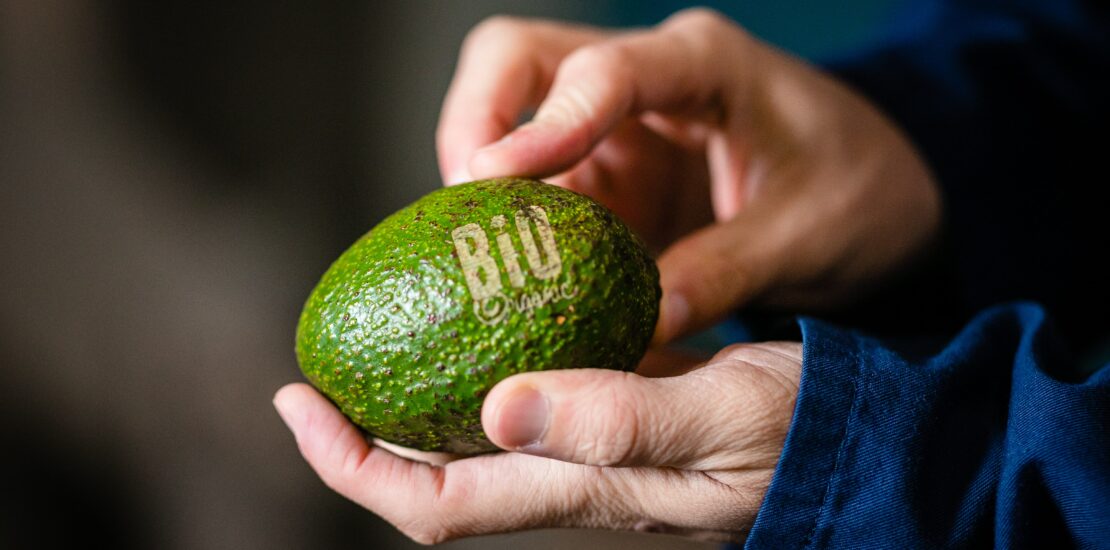 The new EU Organic Regulation (Regulation (EU) 2018/848), originally intended to apply from 1 January 2021, was postponed to 1 January 2022 to allow for completion of the secondary legislation due to Covid-19, among other reasons. In the meantime, several new delegated and implementing acts have been issued during 2021. At the time of writing, 18 items of secondary legislation have been published, and a further eight are in the adoption process. These latest changes are included in COLEACP’s “Update… +
The new EU Organic Regulation (Regulation (EU) 2018/848), originally intended to apply from 1 January 2021, was postponed to 1 January 2022 to allow for completion of the secondary legislation due to Covid-19, among other reasons. In the meantime, several new delegated and implementing acts have been issued during 2021. At the time of writing, 18 items of secondary legislation have been published, and a further eight are in the adoption process. These latest changes are included in COLEACP’s “Update… +INNOVATIONS SERIES : 1-year anniversary of inspiring stories from African businesses and SMEs
- 16/11/2021
- Posted by: Gaetan Dermien
- Category: Africa, Benin, Botswana, Côte d'Ivoire, Ghana, Kenya, Madagascar, Mali, News, Nigeria, Rwanda, Senegal, Tanzania, Togo, Uganda
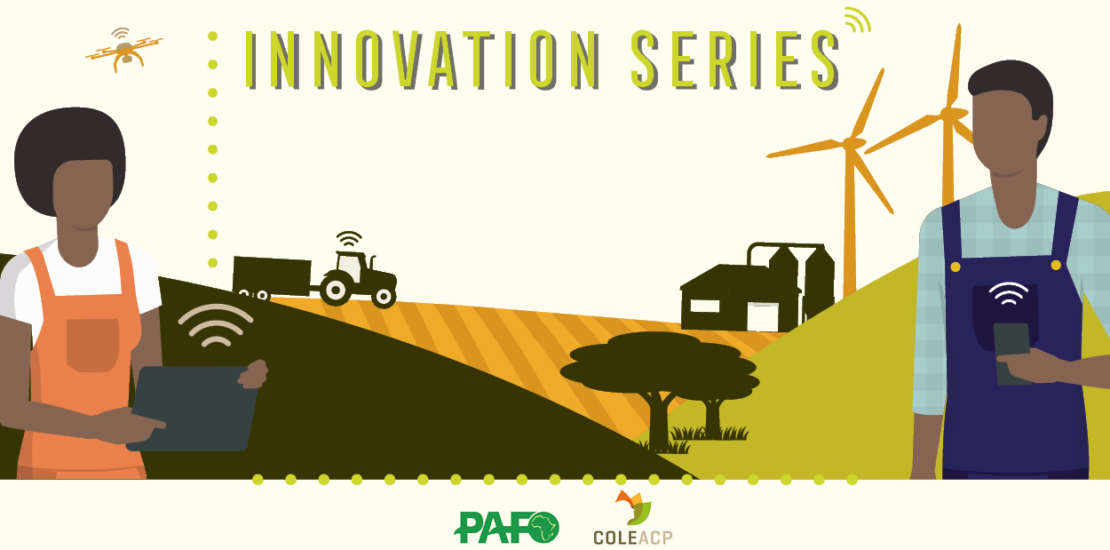 In November 2020, the Pan-African Farmers’ Organization (PAFO) and COLEACP launched the Innovations Series held every two months and aimed at showcasing innovations and successes of African farmer-led businesses and small and medium enterprises (SMEs). Six Innovations Sessions have been organised on various topics and featured 24 inspiring farmers groups and entrepreneurs. They presented their businesses to more than 2 200 participants from more than 100 countries on different continents. Find here a snapshot of their presentations which we hope… +
In November 2020, the Pan-African Farmers’ Organization (PAFO) and COLEACP launched the Innovations Series held every two months and aimed at showcasing innovations and successes of African farmer-led businesses and small and medium enterprises (SMEs). Six Innovations Sessions have been organised on various topics and featured 24 inspiring farmers groups and entrepreneurs. They presented their businesses to more than 2 200 participants from more than 100 countries on different continents. Find here a snapshot of their presentations which we hope… +Côte d’Ivoire: Priority action plan using R-SAT
- 05/11/2021
- Posted by: Sandra Borma
- Category: Africa, Côte d'Ivoire, News
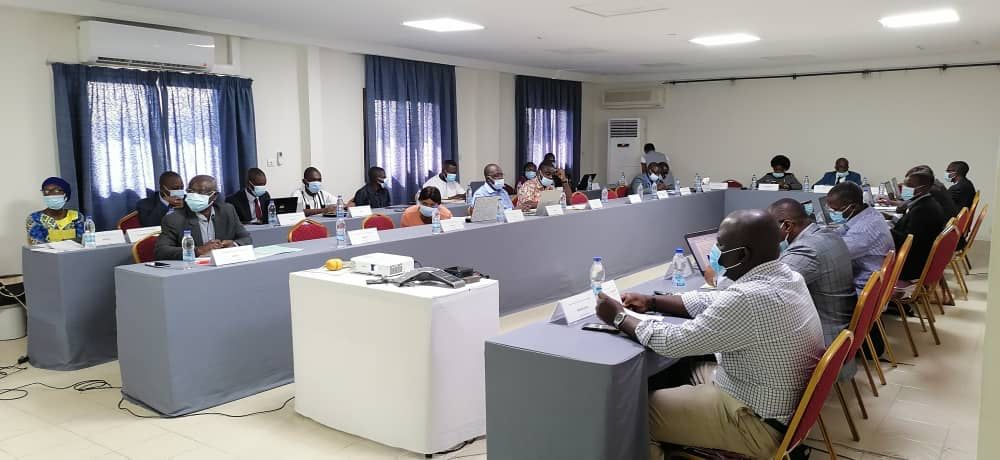 The COLEACP Rapid Assessment Tool (R-SAT) is a practical step-by-step guide to help competent authorities work with private sector stakeholders to conduct a rapid assessment of the status and functioning of SPS systems. Through the Fit For Market SPS programme, Côte d’Ivoire is among the first countries where the R-SAT tool has been used. During a launch workshop in June 2021, the decision was taken to apply the tool to the national control system in the Capsicum sector, both for… +
The COLEACP Rapid Assessment Tool (R-SAT) is a practical step-by-step guide to help competent authorities work with private sector stakeholders to conduct a rapid assessment of the status and functioning of SPS systems. Through the Fit For Market SPS programme, Côte d’Ivoire is among the first countries where the R-SAT tool has been used. During a launch workshop in June 2021, the decision was taken to apply the tool to the national control system in the Capsicum sector, both for… +Côte d’Ivoire: Improving social practices at SCOPACI-SCOOPS
- 08/10/2021
- Posted by: Sandra Borma
- Category: Côte d'Ivoire, News
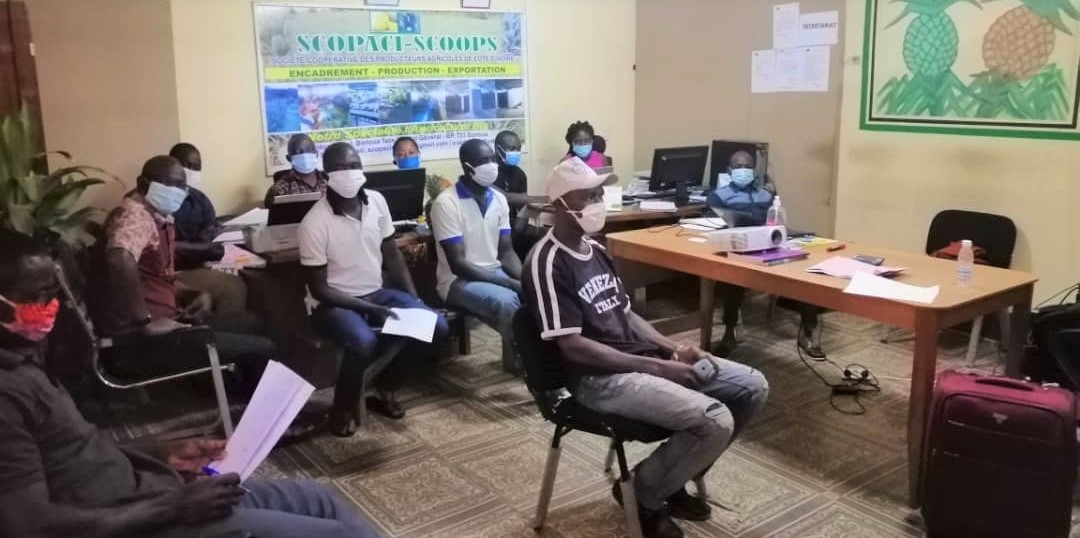 Since the collapse of the pineapple market in Côte d’Ivoire, producers have seen their earnings drop considerably. To improve the income of the country’s producers and all stakeholders in the value chain, the SCOPACI-SCOOPS cooperative, created in 2015, obtained certification in 2019 for organic farming, GLOBALG.A.P. (a set of standards for Good Agricultural Practices; with the support of COLEACP’s Fit For Market programme) and GLOBALG.A.P. Risk Assessment on Social Practice (GRASP). Also through its Fit For Market programme, COLEACP supported… +
Since the collapse of the pineapple market in Côte d’Ivoire, producers have seen their earnings drop considerably. To improve the income of the country’s producers and all stakeholders in the value chain, the SCOPACI-SCOOPS cooperative, created in 2015, obtained certification in 2019 for organic farming, GLOBALG.A.P. (a set of standards for Good Agricultural Practices; with the support of COLEACP’s Fit For Market programme) and GLOBALG.A.P. Risk Assessment on Social Practice (GRASP). Also through its Fit For Market programme, COLEACP supported… +EU MRL changes for 83 PPPs in 2021
- 26/08/2021
- Posted by: Gaetan Dermien
- Category: Africa, Angola, Antigua and Barbuda, Australia, Bahamas, Barbados, Belgium, Belize, Benin, Botswana, Burkina Faso, Burundi, Cameroon, Cape Verde, Caribbean, Central African Republic, Chad, Comoros, Cook Islands, Côte d'Ivoire, Country, Democratic Republic Of The Congo, Djibouti, Dominica, Dominican Republic, Equatorial Guinea, Eritrea, Eswatini, Ethiopia, Faroe Islands, Federated States of Micronesia, Fiji, France, Gabon, Gambia, Germany, Ghana, Greece, Grenada, Guinea, Guinea-Bissau, Guyana, Haiti, Hungary, Ireland, Italy, Jamaica, Kenya, Kiribati, Liberia, Luxembourg, Madagascar, Malawi, Mali, Marshall Islands, Mauritania, Mauritius, Mozambique, Namibia, Nauru, Netherlands, News, Niger, Nigeria, Niue, Pacific, Papua New Guinea, Poland, Portugal, Republic of the Congo, Rwanda, Saint Kitts and Nevis, Saint Lucia, Saint Vincent and the Grenadines, Samoa, Sao Tome and Principe, Senegal, Seychelles, Sierra Leone, Solomon Islands, Somalia, Spain, Suriname, Tanzania, Timor-Leste, Togo, Tonga, Trinidad and Tobago, Tuvalu, Uganda, Vanuatu, Zambia, Zimbabwe
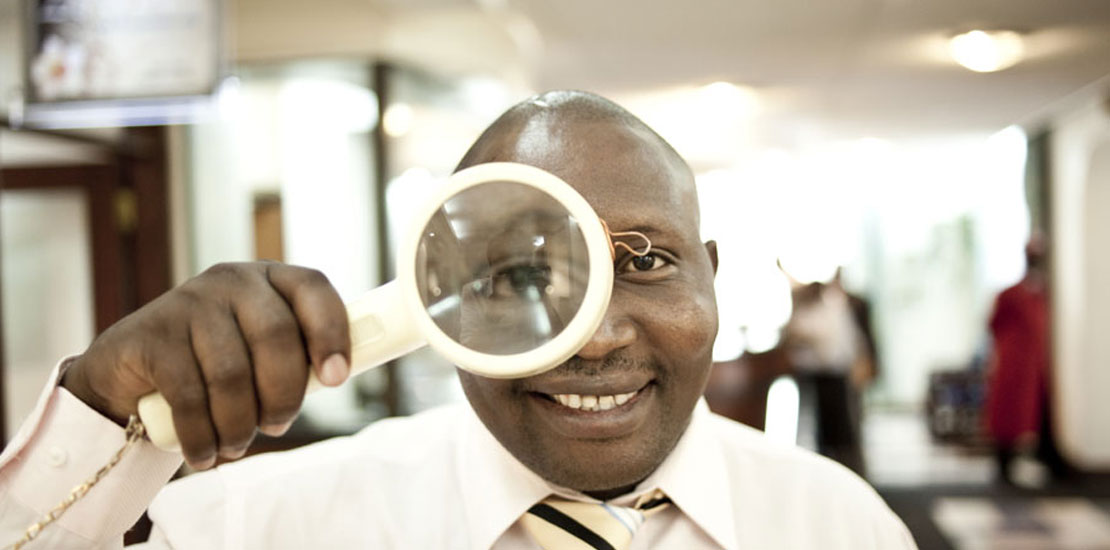 Key points Since the start of 2021, European Union (EU) maximum residue level (MRL) changes concerned 83 plant protection products (PPPs; 59 in 2020). These changes refer to modifications compared to the previous regulation, and can be either an increase or lowering of the MRLs for certain foods.COLEACP identified 27 key substances used in African, Caribbean and Pacific (ACP) horticulture that are affected by these changes. For 10 of the substances (ametoctradin, bupirimate, chlorothalonil, dimethoate, ethoprophos, myclobutanil, propiconazole, pyraclostrobin spinetoram,… +
Key points Since the start of 2021, European Union (EU) maximum residue level (MRL) changes concerned 83 plant protection products (PPPs; 59 in 2020). These changes refer to modifications compared to the previous regulation, and can be either an increase or lowering of the MRLs for certain foods.COLEACP identified 27 key substances used in African, Caribbean and Pacific (ACP) horticulture that are affected by these changes. For 10 of the substances (ametoctradin, bupirimate, chlorothalonil, dimethoate, ethoprophos, myclobutanil, propiconazole, pyraclostrobin spinetoram,… +Côte d’Ivoire Delegation and COLEACP meeting in Brussels
- 15/07/2021
- Posted by: Sandra Borma
- Category: Côte d'Ivoire, News
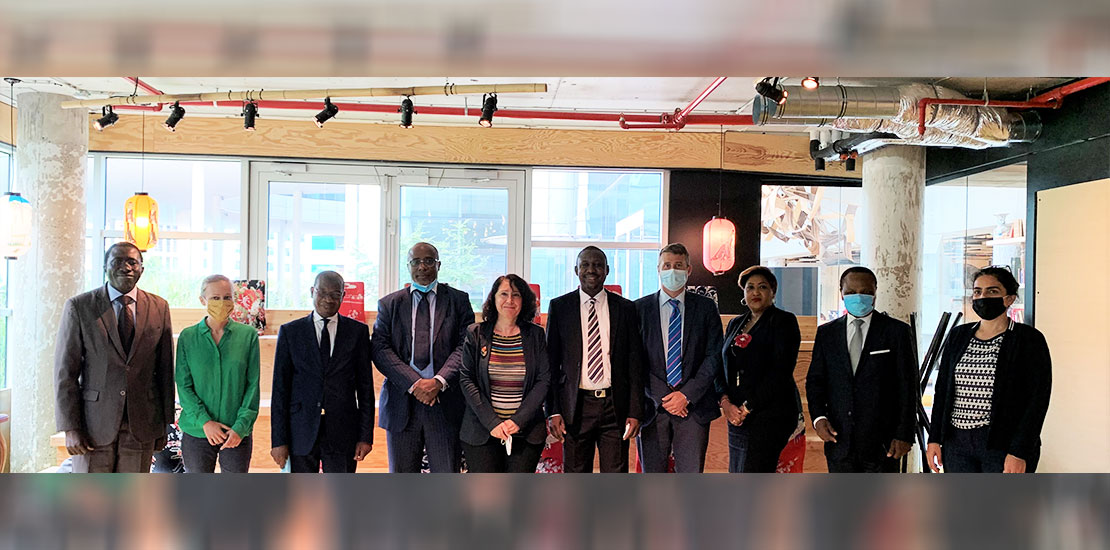 On 12 July, a working meeting between the Côte d’Ivoire Delegation and COLEACP gave the association the opportunity to present its activities and priorities related to the agriculture and agri-food sector in Côte d’Ivoire, a key partner country for COLEACP, and to discuss its support to the planned EU-West Africa (EU-WA) business forum. COLEACP was represented by Jeremy Knops, General Delegate; Nursel Gumusboga, Regional Programme Manager; and Isolina Boto, Head of Networks and Alliances. Composed of representatives of Côte d’Ivoire… +
On 12 July, a working meeting between the Côte d’Ivoire Delegation and COLEACP gave the association the opportunity to present its activities and priorities related to the agriculture and agri-food sector in Côte d’Ivoire, a key partner country for COLEACP, and to discuss its support to the planned EU-West Africa (EU-WA) business forum. COLEACP was represented by Jeremy Knops, General Delegate; Nursel Gumusboga, Regional Programme Manager; and Isolina Boto, Head of Networks and Alliances. Composed of representatives of Côte d’Ivoire… +Launch of the COLEACP Rapid SPS Assessment Tool (R-SAT) in Côte d’Ivoire
- 01/07/2021
- Posted by: Sandra Borma
- Category: Côte d'Ivoire, News
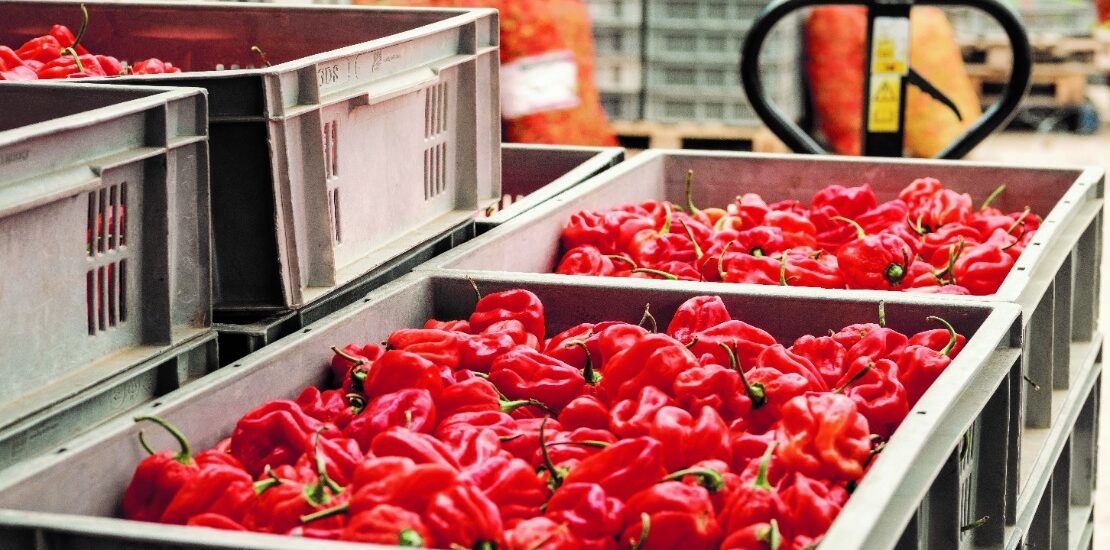 Côte d’Ivoire is one of the pilot countries chosen to test the new Rapid SPS Assessment Tool (R-SAT) developed by COLEACP. The main objective is to develop a priority action plan to strengthen national sanitary and phytosanitary (SPS) systems, and to ensure the alignment of these systems with international standards and regulations. During the launch meeting of this pilot in Abidjan, the competent authorities chose to apply the tool to the Capsicum sector, both for the local market and for… +
Côte d’Ivoire is one of the pilot countries chosen to test the new Rapid SPS Assessment Tool (R-SAT) developed by COLEACP. The main objective is to develop a priority action plan to strengthen national sanitary and phytosanitary (SPS) systems, and to ensure the alignment of these systems with international standards and regulations. During the launch meeting of this pilot in Abidjan, the competent authorities chose to apply the tool to the Capsicum sector, both for the local market and for… +Understanding the new EU Organic Regulation
- 24/06/2021
- Posted by: Sandra Borma
- Category: Apples, Avocados, Bananas, Benin, Burkina Faso, Cameroon, Capsicum, Cassava, Chillies, Côte d'Ivoire, Democratic Republic Of The Congo, Ethnic vegetables, French beans, Ginger, Guinea, Lettuces, Madagascar, Mali, Mangoes, Mangosteens, News, Okra, Onions, Papayas, Passion fruit, Pears, Pepper, Plantains, Rwanda, Senegal, Shallots, Spinach, Sweet potatoes, Togo, Tomatoes
 COLEACP organised an online workshop on 15 June to present the changes and potential impacts of the new European Union (EU) Organic Regulation 2018/848, which will enter into force in January 2022. The workshop brought together 80 participants, COLEACP partners involved in the production and export of organic fruit and vegetables. They were given a presentation by Michel Reynaud, Board Member of IFOAM Organics Europe and Vice President of Ecocert, who reviewed the main changes of the new regulation that… +
COLEACP organised an online workshop on 15 June to present the changes and potential impacts of the new European Union (EU) Organic Regulation 2018/848, which will enter into force in January 2022. The workshop brought together 80 participants, COLEACP partners involved in the production and export of organic fruit and vegetables. They were given a presentation by Michel Reynaud, Board Member of IFOAM Organics Europe and Vice President of Ecocert, who reviewed the main changes of the new regulation that… +Launch of the French version of the COLEACP Rapid SPS Assessment Tool in Africa
- 23/06/2021
- Posted by: Sandra Borma
- Category: Cameroon, Côte d'Ivoire, News, Senegal
 COLEACP has developed a Rapid SPS Assessment Tool (R-SAT) specifically tailored to the context, activities and responsibilities of national Competent Authorities. This tool is designed to assist Competent Authorities to assess the current status and functioning of their sanitary and phytosanitary (SPS) systems, in consultation with key stakeholders from both public and private sectors. The main objective is to develop a prioritised action plan to strengthen national SPS systems, and to ensure their alignment with international standards and regulations. This… +
COLEACP has developed a Rapid SPS Assessment Tool (R-SAT) specifically tailored to the context, activities and responsibilities of national Competent Authorities. This tool is designed to assist Competent Authorities to assess the current status and functioning of their sanitary and phytosanitary (SPS) systems, in consultation with key stakeholders from both public and private sectors. The main objective is to develop a prioritised action plan to strengthen national SPS systems, and to ensure their alignment with international standards and regulations. This… +
